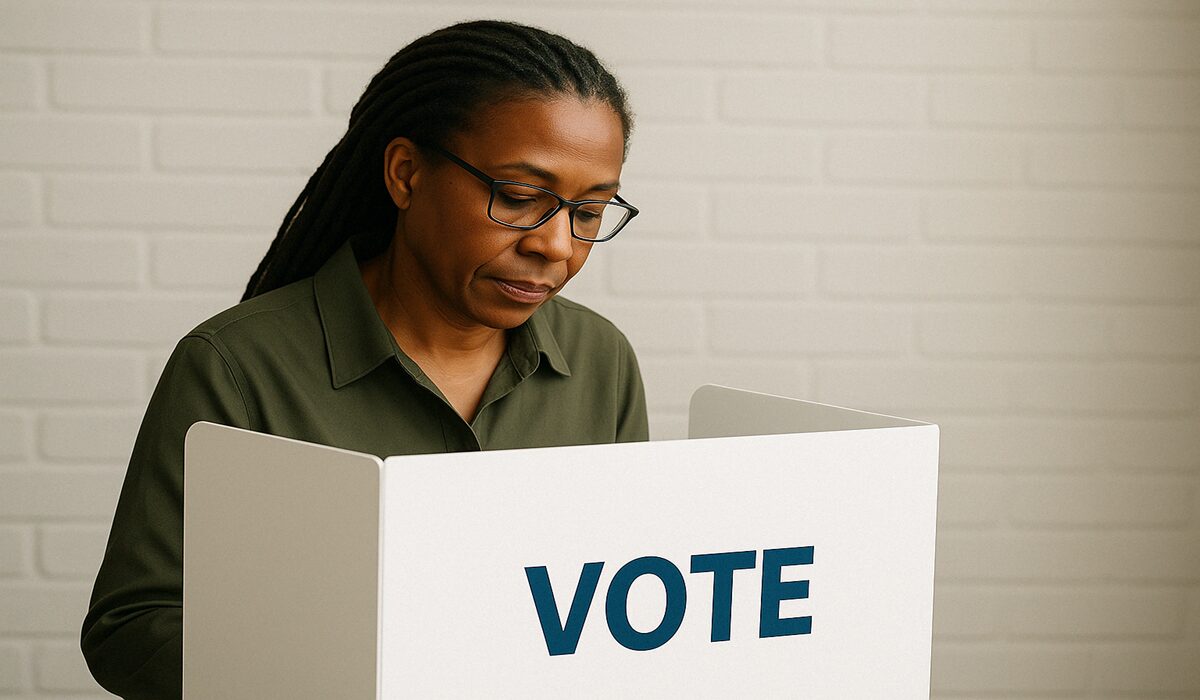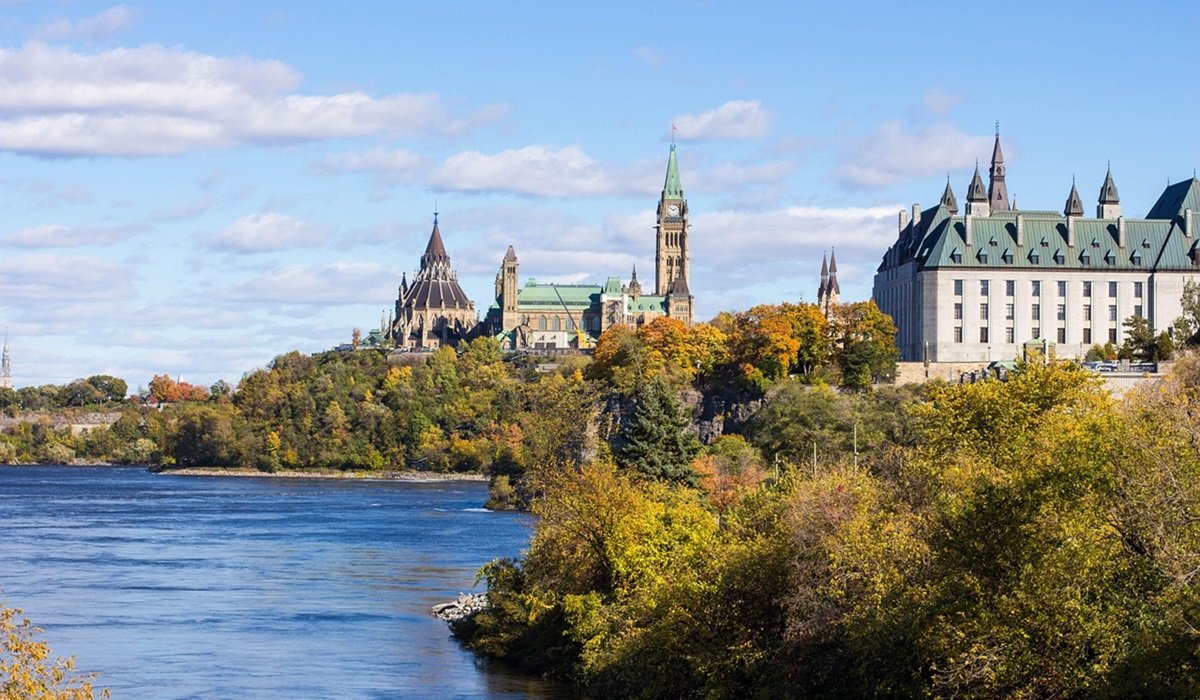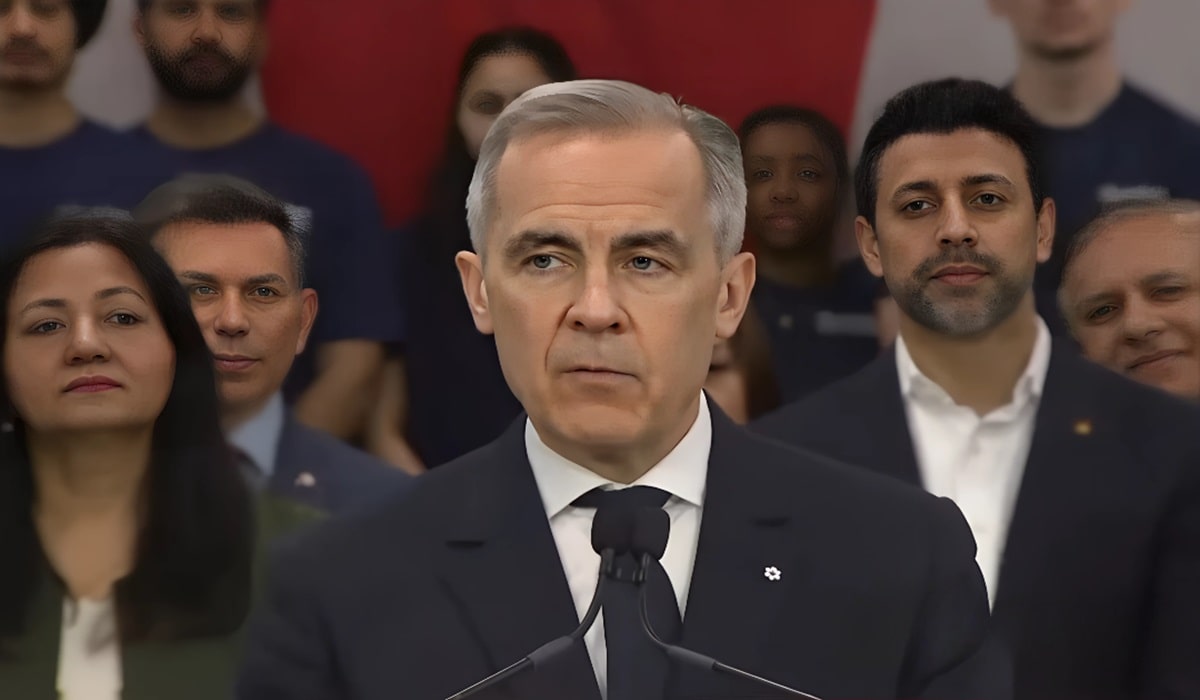The Shifting Ground: Afro-Canadian Voters and the Evolving Political Landscape
- Kingston Bailey
- Canada
- April 17, 2025

For decades, the political allegiances of Afro-Canadian voters have been cast in rigid terms—an unwritten rule suggesting loyalty to the Liberal Party or, in some regions, the NDP. The notion that Conservative support was off-limits for this community, often shaped by long-standing narratives about the party’s stance on immigration and diversity, is steadily eroding. What we are witnessing is not a rupture, but a recalibration—a reflective shift where identity, belief, and political alignment are being reconsidered on a more individual basis.
The historical perception that Conservatives were unwelcoming to racialized Canadians took root in an era defined by exclusionary policies and sharp rhetoric. But politics, like people, evolve. And today’s Conservative Party is not the monolith it once was portrayed to be. Across the country, Afro-Canadian candidates are not only running under the Conservative banner—they are winning. They are leading. They are shaping policy, chairing committees, and representing ridings with deep multicultural roots. This emerging cohort is not symbolic; they are substantive, and their presence signals a broader transformation in the way the party engages with Black communities in Canada.
This change is not occurring in a vacuum. Voters, particularly those from the Afro-Caribbean diaspora, are reflecting more critically on their political affiliations. Many are questioning whether traditional party loyalties still reflect their values. It’s not uncommon to hear that the current political spectrum has shifted so far left that issues of faith, family, entrepreneurship, and educational discipline—core pillars in many Afro-Canadian households—are no longer adequately addressed. These are values that often find closer alignment with centre-right thinking, and for many, the Conservative platform has become a more plausible, even attractive, alternative.
It’s important to underscore that this isn’t about abandoning one party for another on the basis of identity politics. Rather, it’s a statement on the maturation of the Afro-Canadian vote itself. It is a recognition that no single political party is entitled to one community’s support in perpetuity. That notion is not only outdated—it is undemocratic. Voters are increasingly motivated by tangible results, responsive representation, and a sense that their voices are not only heard but taken seriously, regardless of the party label.
The rise in Afro-Canadian representation across party lines is perhaps the clearest signal that this shift is long overdue. No party—whether Liberal, NDP, or Conservative—should presume guaranteed support from any ethnic or cultural group. Political capital must be earned, issue by issue, not inherited by assumption. And the growing diversity within the Conservative Party is a testament to that evolving democratic ethic.
Canada’s political tapestry is richer when voters engage freely, without fear of community backlash or ideological gatekeeping. As more Afro-Canadian voters break free from historical constraints and vote according to conscience rather than expectation, we are seeing a more nuanced electorate—one that defies traditional polling models and campaign strategies. It’s a movement that speaks not only to political diversity but to democratic maturity.
In truth, the Afro-Canadian vote is not shifting—it is expanding. It is recognizing that strength lies not in voting the same way, but in voting with purpose. And that, above all, is a sign of progress.








